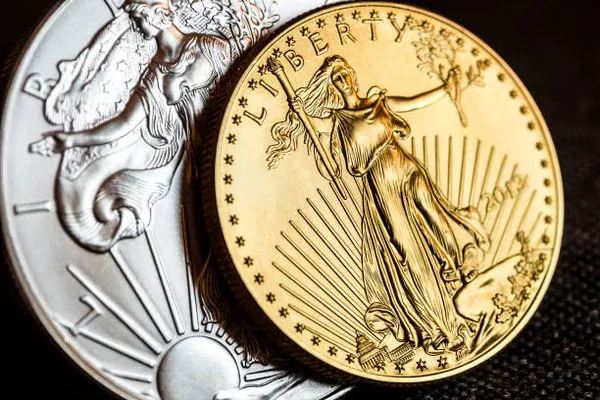Nebraska has made a significant move in the realm of sound money policy by becoming the 12th state to eliminate capital gains taxes on sales of gold and silver. This change comes with the enactment of LB 1317, which excludes any gains or losses from precious metal sales reported on federal income tax returns from a Nebraska taxpayer’s adjusted gross income (AGI).
The bill, backed by the Sound Money Defense League, Money Metals Exchange, and local advocates, passed through the unicameral legislature’s Revenue Committee unanimously and was subsequently incorporated into a must-pass bill by a vote of 27-5.
Senator Ben Hansen, the bill’s sponsor, expressed satisfaction upon the formal enactment of LB 1317, emphasizing the constitutional right to use gold and silver as currency without government penalty. He underscored that owning and using gold and silver serves as a vital hedge against the devaluation of the dollar driven by Federal Reserve policies.
Gold and silver ownership provides a safeguard against the erosion of the dollar’s value due to inflation caused by Federal Reserve actions. Although transactions involving these metals often do not yield real gains in value, the IRS applies capital gains taxes on such conversions. Nebraska’s decision to opt out at the state level diverges from the IRS’s position, refraining from incorporating it into the definition of Nebraska income.
Jp Cortez, executive director of the Sound Money Defense League, highlighted during his testimony that the inflationary pressures faced by Nebraskans are primarily a result of Federal Reserve policies. He advocated for cleaner access to gold and silver ownership, citing their proven effectiveness as inflation hedges.
The move aligns Nebraska with eleven other states that do not impose income taxes on precious metal sales, with several other states actively considering similar legislation in 2024.
LB 1317 also revises the state’s definition of money by specifically excluding central bank digital currency (CBDC) from its classification as money. Sen. Hansen emphasized the need to safeguard against potential threats posed by CBDCs, ensuring they do not compromise individual freedoms.
Nebraska’s enactment of pro-sound money legislation is part of a broader trend seen in states like Utah, Wisconsin, Kentucky, South Dakota, and Tennessee in 2024. This shift in policy is expected to improve Nebraska’s ranking in the Sound Money Index, reflecting a growing commitment to protecting citizens’ rights to use alternative forms of currency.


